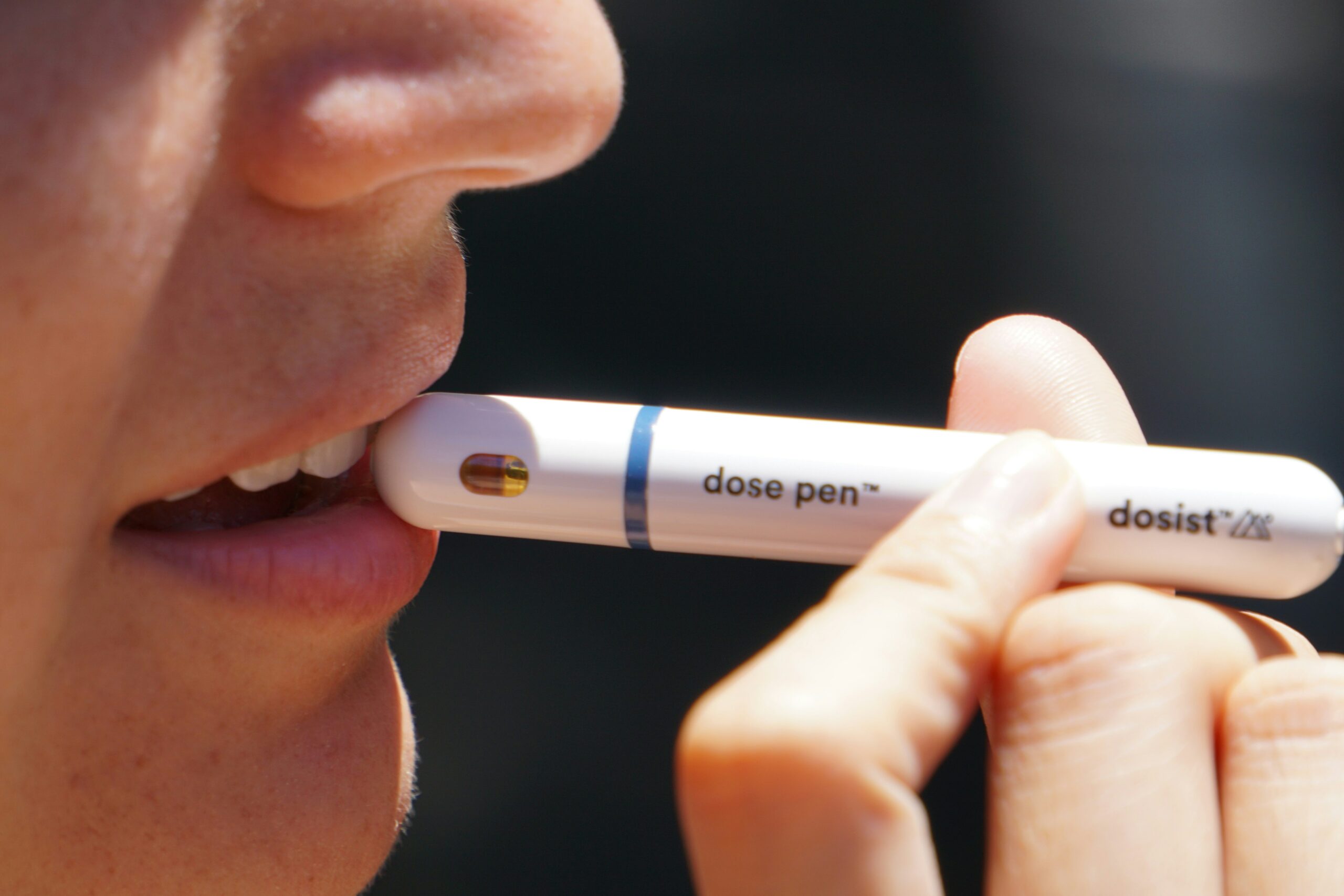Hold onto your hemp hats, folks! The DEA has thrown a curveball into the hemp industry, declaring that THCA doesn’t meet the definition of legal hemp. This comes as Congress mulls over potential cannabinoid recriminalization in the upcoming Farm Bill.
To be legit under the 2018 Farm Bill, cannabis products need to stay under 0.3 percent delta-9 THC. But now, in a game-changing letter, DEA top dog Terrence Boos clarified that this threshold also ropes in THCA. When heated, THCA converts to delta-9 THC—a process called decarboxylation.
“In regards to THCA, Congress has directed that when determining whether a substance constitutes hemp, the delta-9 THC concentration is to be tested ‘using post-decarboxylation or other similarly reliable methods,'” Boos wrote.
Translation: for hemp to be legal, the total delta-9 THC, including what THCA turns into when heated, counts. So, THCA-rich products? They’re a no-go.
THCA’s Legal Status: A Heated Debate
Cannabis attorney Shane Pennington triggered this clarification with a request last month. His query prompted the DEA to lay down the law: “Cannabis-derived THCA doesn’t meet the hemp definition under the CSA because, upon conversion, it’s equivalent to delta-9 THC.”
This stance shakes the hemp industry to its core. Jonathan Miller, U.S. Hemp Roundtable’s general counsel, warned, “This interpretation would destroy the hemp industry. Most growers would be out of compliance.”
Shawn Hauser from Vicente LLP echoed this, pointing out that the Farm Bill demands pre-harvest testing for total THC, including THCA. “A plant high in THCA likely exceeds the THC limit and wouldn’t be lawful,” she said.
Farm Bill Showdown
The timing couldn’t be more critical. Congress is reworking the Farm Bill, with a House committee recently pushing an amendment to ban hemp-derived cannabinoids like delta-8 THC. The DEA argues that because THCA easily converts to delta-9 THC, it can’t be ignored in THC measurements.
Not everyone agrees. “American farmers deserve certainty with the current hemp definition,” argued Rep. Jim Baird (R-IN). “The proposed amendment arbitrarily changes the definition.”
Interestingly, some cannabis businesses are siding with prohibitionists, calling for stricter regulations on hemp-derived cannabinoids. The U.S. Cannabis Council wants a unified approach to regulate intoxicating THC products, emphasizing public safety.
Industry Fallout
DEA’s stance isn’t just a letter—it’s a potential industry upheaval. Farmers fear the interpretation could criminalize even trace levels of THC in hemp products.
The 2018 Farm Bill was meant to legalize hemp, but the lines are blurring. As the DEA tightens the reins, the need for clear federal regulations has never been more urgent.
So, while the debate rages on, one thing’s clear: the future of hemp hangs in the balance. Buckle up, it’s going to be a bumpy ride.




